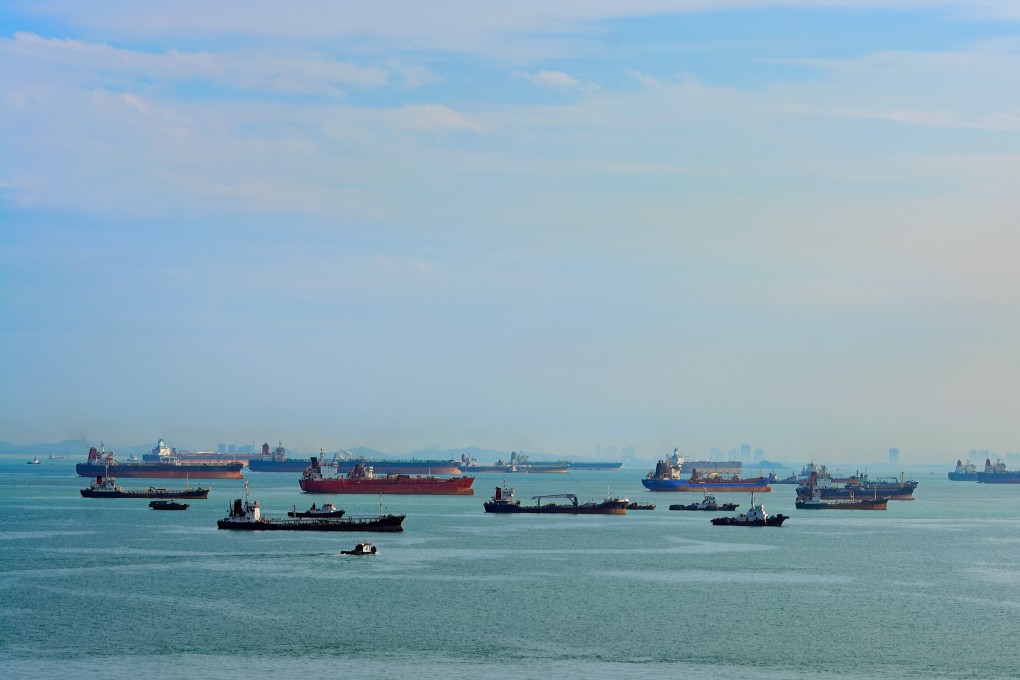Letters | As autonomous ships make waves, what to keep on the radar
- Vessels which can operate independently of human interaction could help decrease accidents due to human error in maritime pollution hotspots like the Strait of Malacca
- However, governments must pay attention to protecting maritime labour and human rights at sea

International law has no clear definition of “ship”. Article 94 of the United Nations Convention on the Law of the Sea (UNCLOS) says that “every State shall take such measures for ships flying its flag as are necessary to ensure safety at sea”, including measures to ensure that “each ship is in the charge of a master and officers who possess appropriate qualifications, in particular in seamanship, navigation, communications and marine engineering”.
Autonomous ships which are remotely controlled or which operate entirely using artificial intelligence, would not adhere to Article 94 of the convention due to the absence of crews on board.
The Strait of Malacca is considered a maritime pollution hotspot. From 1967 to 2017, there were 28 oil tanker accidents that caused thousands of tonnes of oil and hazardous substances to spill into the ocean. The accidents were often caused by seafarers’ negligence. Autonomous ships will minimise such accidents since navigational systems will become more sophisticated and increasingly controlled by computers.
However, the Asia-Pacific region is also dependent on maritime sector industries. China, the Philippines and Indonesia are considered large contributors of seafarers to these industries. The governments of these countries should be aware that as autonomous ships become more common, the need for seafarers will reduce.